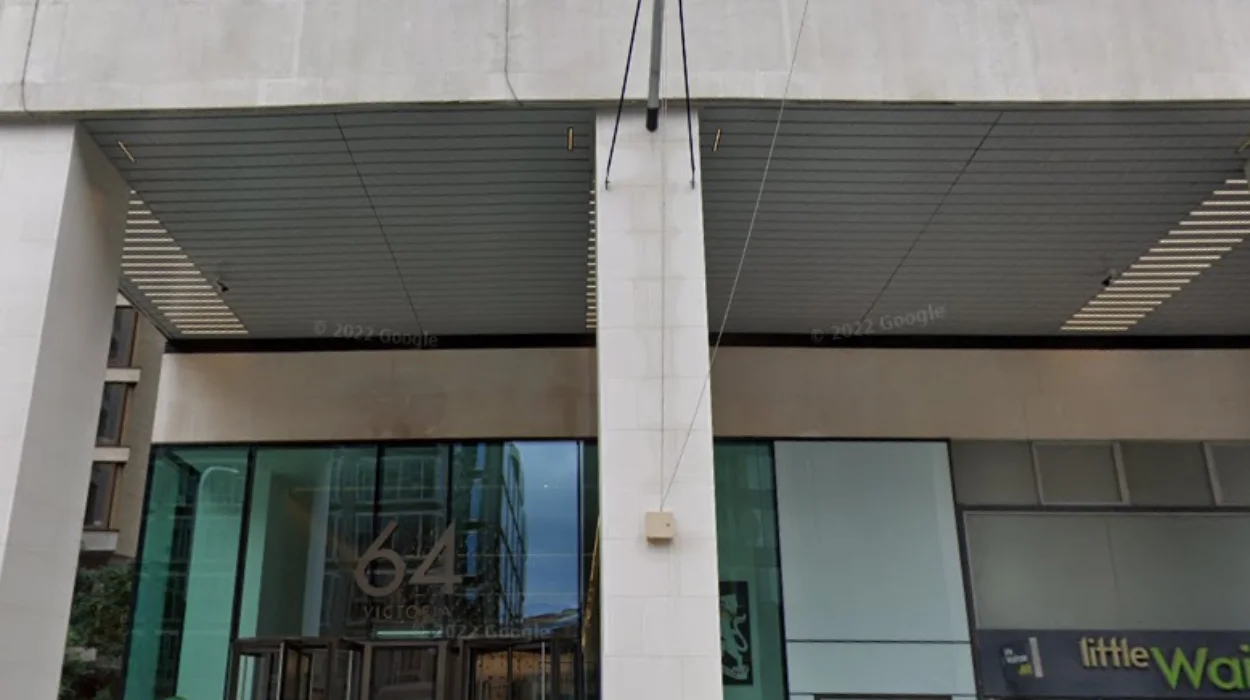City of Westminster (Parliament Politics Magazine) – The National Secular Society has urged Westminster Council to safeguard inclusive secular education by opposing a proposed merger of three primary schools.
Proposals from the Westminster Council would decrease the number of spots available at the borough’s nonreligious schools.
In response to the borough’s diminishing student population, the council is seeking input on plans to combine Barrow Hill Junior School, George Eliot Primary, and Robinsfield Infant School. There is no religious component to any of the three community schools.
The NSS responded by warning that “children and families from nonreligious and minority religious backgrounds would be at a significant disadvantage” due to the amalgamation’s “significant reduction in places at secular, inclusive schools.”
The plans would cut the number of seats available at nonreligious schools by 200.
The borough has a disproportionately high number of Christian faith schools. Christian faith schools account for more than half (55.1%) of primary school spots in Westminster, which is nearly twice the national average (28.3%).
However, only 37.3% of Westminster’s population is Christian, down 7.3% from 2011, according to the 2021 Census.
On the other hand, most people (53.4%) are either not religious or practice a different faith. The number of followers of most of these faiths or beliefs has increased, especially the percentage of Muslims (20.0%) and nonreligious persons (25.9%).
According to the NSS, Westminster Council should aim to “protect and expand the number of places available at secular, inclusive schools, not reduce them” in light of the drop in Christianity and the rise in irreligiosity and religious diversity.
It stated that whereas inclusive, nonreligious schools are “fundamentally suitable for pupils of all backgrounds,” faith schools are not because of exemptions from the equality law that permit them to use the curriculum and acts of worship to further their religious ethos.
When the school is overcrowded, most types of faith schools are also permitted to discriminate against families who do not practice the school’s religion due to exemptions from equality laws. Twenty-three of Westminster’s twenty-four primary religious schools give preference to pupils from Christian homes when it comes to admissions.
According to the NSS, prejudice and the prioritization of one religion over others can be “deeply alienating” to families and children who do not share the school’s faith.
According to the NSS, the consultation documents had “no evidence” that Westminster Council had taken into account its responsibilities under the Education Act of 1996 to take into account the “diversity in the provision” of schools as part of this proposal.
It said that because there aren’t enough nonreligious schools to meet the demands of the borough’s citizens, the council is potentially already falling short of this criterion.
The plans are being opposed by a group of parents from each of the three schools, who say they will “continue to fight to keep our three secular schools open.”
Describing their sadness at “the lack of transparency in the decision making process” the group added that nearby faith schools’ insistence that “families attend church to get a place at a school”, is “not reflective of the diversity of London”.
With very few students eligible for free school meals (a proxy for gauging disadvantage), religious schools are among the most socially selective in England, according to the NSS.
This is the case for Westminster schools: the average FSM eligibility in nonreligious schools in the borough is approximately 43%, but only 36% at faith schools, according to data from the Department for Education.
According to research conducted in 2016 by the London School of Economics, this type of social selection may reduce social mobility and enhance social segregation.
National Secular Society spokesperson Jack Rivington said:
“No child should be obliged to attend a faith school because there are no available places at inclusive secular schools; this amalgamation would make such an event more likely.
And even those parents who don’t mind sending their child to a faith school may find themselves shut out by discriminatory, faith based admissions at their closest school.
Whilst the need to reduce total available places amidst decreasing numbers of pupils is understandable, it must not come at the expense of secular education.
Our school system should put the best interests of children, families, and the local community first, not those of religious institutions. We urge Westminster Council to reconsider this decision which will perpetuate disadvantage in the borough.”
How will Westminster’s plan affect secular school access in the borough?
About 200 secular school spots in the borough will be lost as a result of Westminster’s decision to combine three nonreligious community primary schools: Barrow Hill Junior School, George Eliot Primary, and Robinsfield Infant School.
This cut occurs at a time when Christian faith schools already make up 55.1% of Westminster’s school enrollment, which is almost twice the national average.
The council contends that the mergers are required because the financial stability of schools is in danger due to a decline in student enrollment, which is caused by families moving away from the area due to lowering birth rates.
The National Secular Society (NSS) and campaigners caution that families looking for inclusive, nonreligious education will be disproportionately impacted by the loss of secular spaces, and that some children may be forced to attend faith schools against their will.


